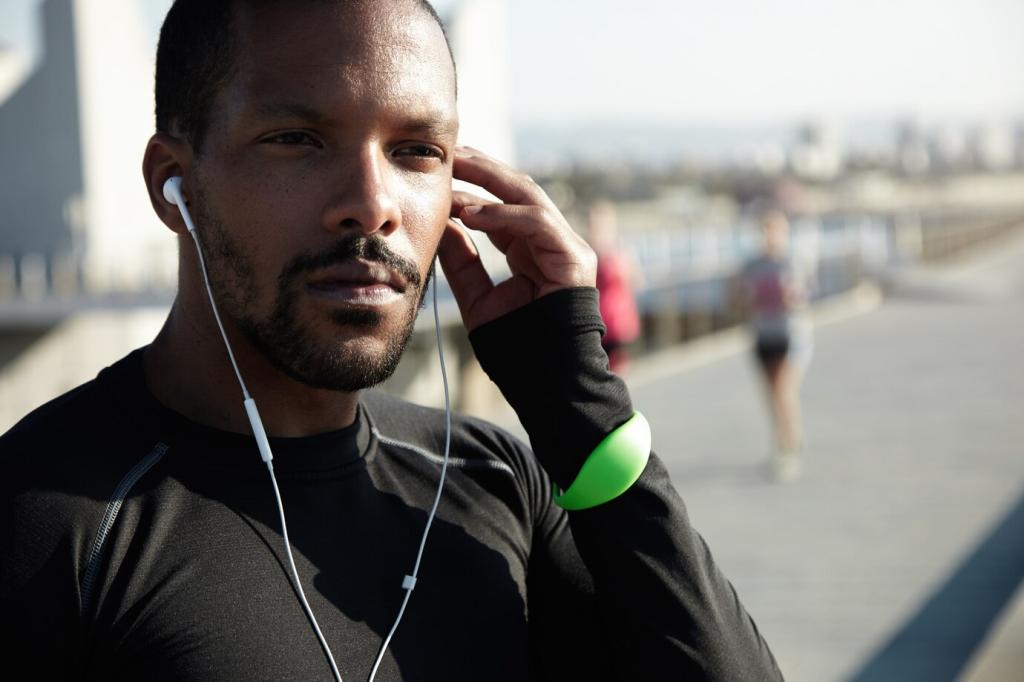Mindful Mechanics: Feel, Adjust, Repeat
Spend ninety seconds scanning from feet to crown, noticing hotspots and stiffness without judgment. Pair each finding with one mobility drill. This primes mechanics and prevents sloppy first reps. Share your favorite quick mobility fix so others can add it to their warm-up sequence.
Mindful Mechanics: Feel, Adjust, Repeat
Mindfulness helps test cue words by feeling which ones improve the outcome. Short, vivid cues beat complicated instructions. Try two cues, compare sensation and result, and keep the better one. Post your winning cue and the drill it transformed for you this week.








